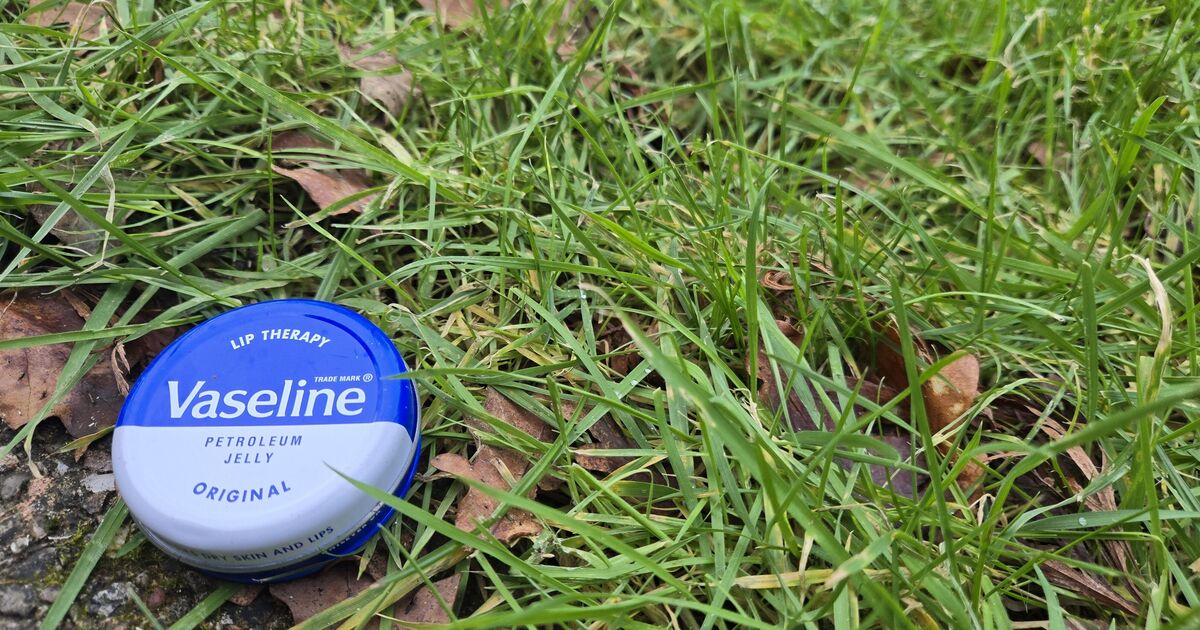The days are slowly getting longer and the weather is gradually becoming more mild, which is a sure sign that spring is on its way.
Bulbs will soon start sprouting and wildlife will be waking up as temperatures warm up, but this can spell trouble for gardeners as grey squirrels become more frequent visitors in the new season.
For some, grey squirrels are charming garden visitors but for others, their presence can be a nuisance as they can cause damage to plants, flowers and bird feeding stations.
Squirrels feed on both plants and animals, but their diet mainly consists of seeds, plant buds, shoots, fungi and flowers.
They will feed on nuts they have buried during the winter, but they also have a habit of digging up bulbs, stripping bark off trees, digging in lawns and flower beds, and raiding bird feeders.
Bird seed mixes and peanuts are a particular magnet for grey squirrels, so if you want to protect your bird feeding stations and deter them from visiting, Gardeners’ World urges households to use vaseline.
It’s advised that vaseline – or oil – is used to grease the metal poles of bird feeders to stop squirrels from getting access to the food – helping to keep birds in your garden fed, and discouraging squirrels from coming back.
Gardeners’ World says: “Nutritious bird seed mixes and peanuts are a magnet for grey squirrels. There are a number of ways to deter them, such as buying squirrel-proof bird feeders. These are usually surrounded by a metal cage that birds can get through but prevents squirrel entry, though there are many other designs, too.
“Bird feeders on top of metal poles can be greased to prevent squirrels ascending them. Try smearing oil or vaseline on the metal pole to prevent them from gripping it – they’ll soon give up.
“Remember, squirrels can leap surprising distances, so site feeders and tables away from fences and other high points that make it possible for them to reach their goal.
“Hanging bird feeders from washing lines or string is often not enough to stop squirrels from reaching feeders – their agility means they have little trouble walking these tightropes.”
It’s also advised that gardeners use fruit cages or metal mesh to protect plants and crops from squirrels, and if this doesn’t work you can try using visual deterrents to try and scare them off.
Gardeners’ World adds: “Some gardeners have turned to artificial decoy birds of prey such as owls and falcons placed in a tree or other spot to fool squirrels.
“They can eventually become used to the presence of the decoy figure, so you may have to move it to a different area of the garden every so often.”











